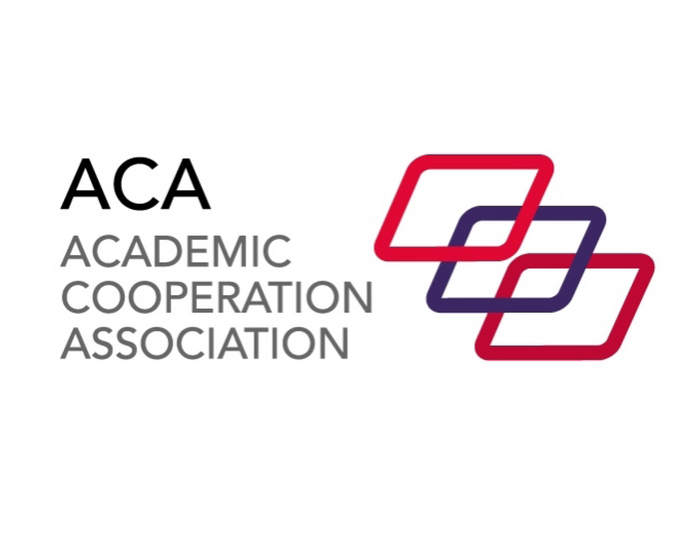ACA sur Erasmus+ et Horizon Europe: les négociations doivent se poursuivre !
ACA is a strong supporter of Switzerland's formal association to Erasmus+ and Horizon Europe, two core programmes for our field, both delivering great benefits for economy and society at large.
In the midst of the political deadlock caused by the breakdown of negotiations between the European Commission and Switzerland over the EU-Swiss Institutional Framework Agreement, we are wary of further negative consequences on the European Higher Education Area and the European Research Area, of which Switzerland is an important member. A non-participation of Switzerland in the two programmes would lead to a lose-lose situation, putting successful cooperation in the strategic areas at risk and weakening the European Knowledge Area in its entirety.
Switzerland's participation in Erasmus+ and Horizon Europe is, both technically and formally, detached from the question of the framework agreement (and recently failed negotiations). Reaching a joint agreement on the two programmes should thus still be possible, with political will.
The Covid-19 pandemic has clearly reminded us of the importance of international cooperation in addressing and solving societal challenges, to build a better future. This is not a time to cut formal links between historical partners that stand by the same values of excellence and inclusion; it is rather a time to strengthen them.
Avoiding a sub-optimal déjà-vu
As a network of higher education internationalisation-funding agencies, counting two Swiss members, ACA has seen first-hand not only the tangible benefits of cooperation due to Switzerland’s top quality, diverse and innovative higher education system, but also the risks that arise when academic collaboration is impaired, becoming the collateral of broader political issues.
Continuing to have Switzerland outside Erasmus+ (as it has been the case since 2014) unnecessarily limits academic mobility and the exchange of educational expertise within Europe. Working with several programmes with similar objectives (Erasmus+, Swiss-European Mobility Programme, and now the Turing Scheme), yet with different funding levels, rules and logics, highly burdens academic cooperation in Europe at all levels. Such complex parallel arrangements are challenging not only for higher education institutions and funders, but also for students and staff, and therefore represent a distant second best to multilateral solutions.
Within Europe, our aim should remain to strengthen the European programmes and their scope, welcoming participation from candidate countries that want to join the funding schemes as programme countries, based on formally established legal and financial conditions that apply to all. While understanding the weight of political decisions on the process, these conditions should nevertheless be paramount for the sake of programmes’ beneficiaries – students, academics, and staff.
Building on solid ground
Switzerland’s association to the Erasmus+ and Horizon Europe programmes is unequivocally supported by the Swiss higher education community itself. Furthermore, the Swiss parliament calls on the Federal Council to immediately commence negotiations for Switzerland’s full association to Erasmus+. This appeal is also echoed by ACA member, swissuniversities, and the ETH Board on behalf of higher education institutions and by 13 Swiss professional associations.
The commitment to Erasmus+ comes along with the commitment to Horizon Europe, a joint approach that ACA strongly supports, in line with the ambition to enhance synergies between education, research and innovation, as reflected in the joint portfolio of Commissioner for Innovation, Research, Culture, Education and Youth, Mariya Gabriel.
Financially, important preparations have already been made for Switzerland’s participation in the EU funding programmes. In December 2020, the Swiss parliament secured funding for a Swiss association to the EU’s research programme. Funds have also been reserved for Erasmus+ in the framework of the next financial planning, laying the ground for association negotiations to start.
The way forward
We call upon the European Commission and the Swiss Federal Council to reinstate dialogue, through a constructive approach on both sides, prioritizing talks in education and research, the areas in which the EU and Switzerland have undeniable common ground and shared objectives. These are the areas where the added value of cooperation is not only mutually acknowledged, but also strongly needed by all stakeholders involved and crucial for Europe’s resilience and recovery in all fields. We wish for association negotiations to Erasmus+ and Horizon Europe to restart as soon as possible between the two parties.
